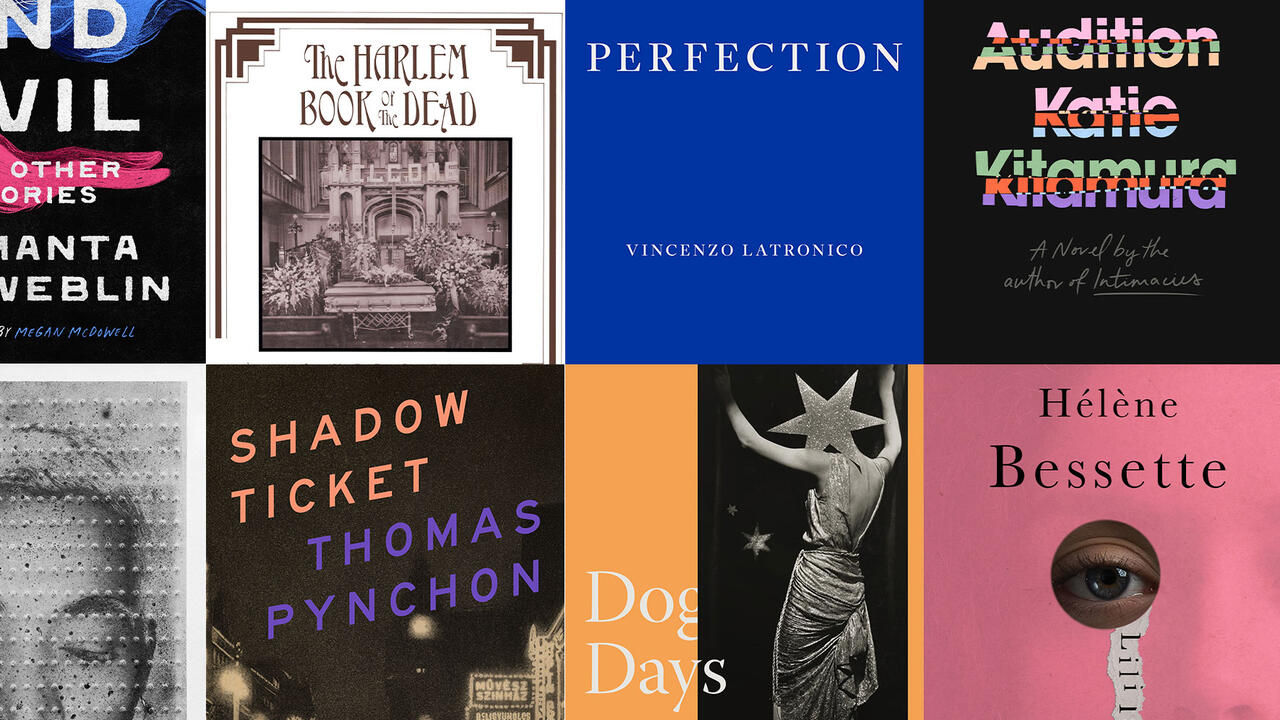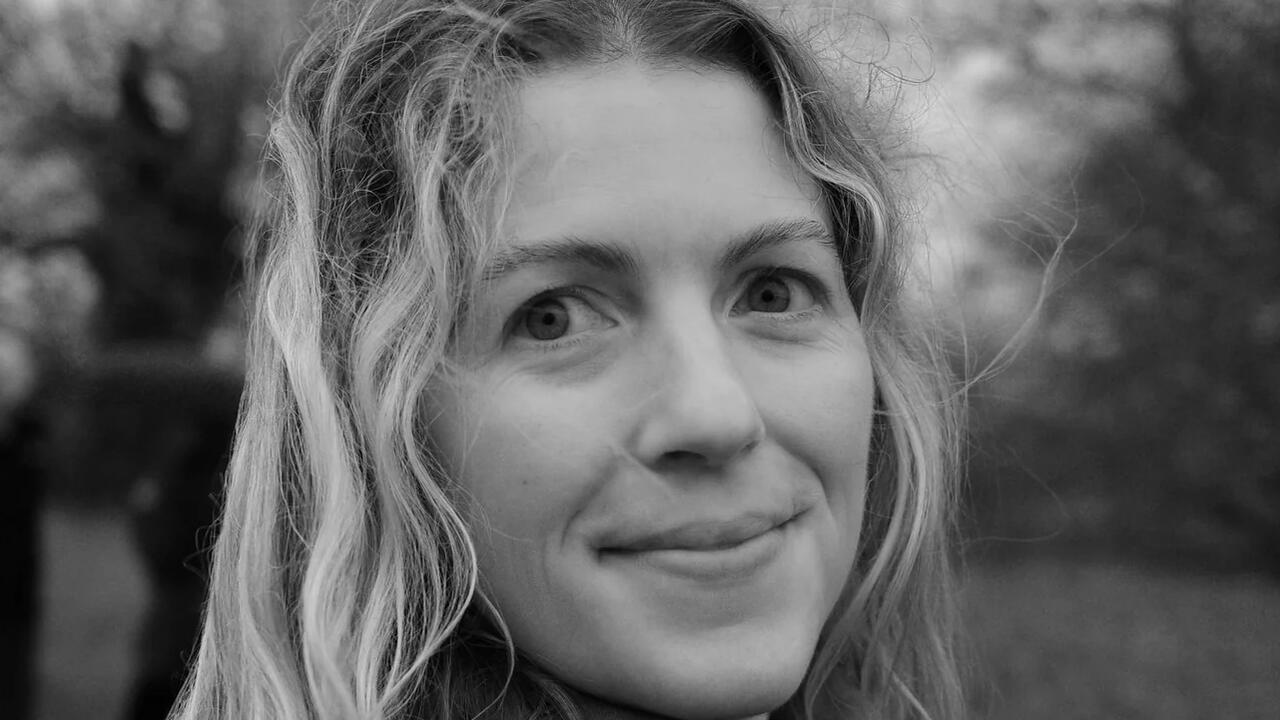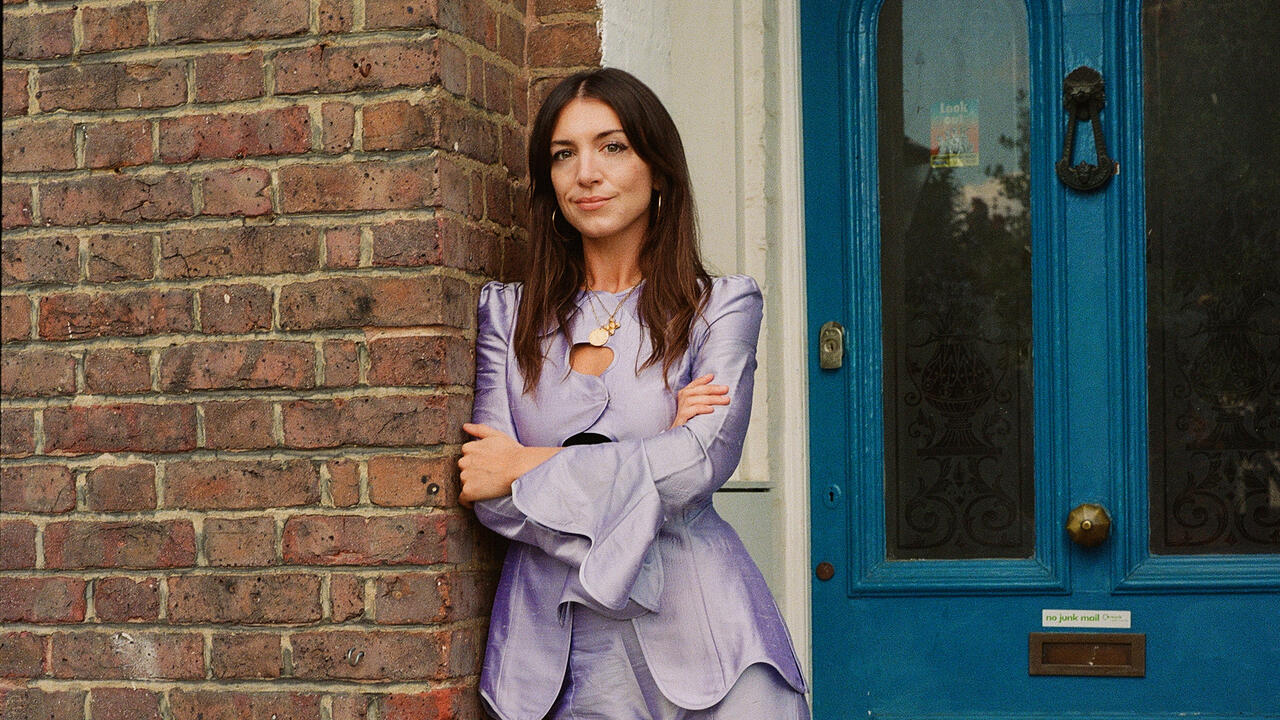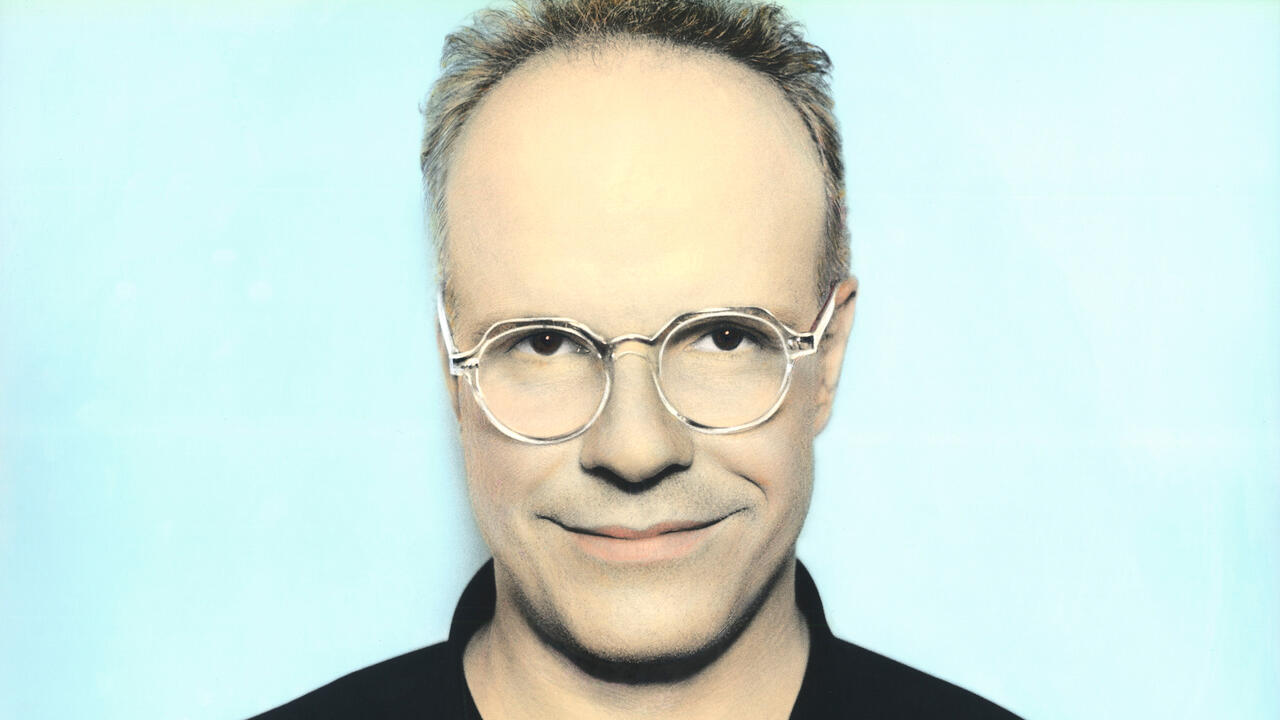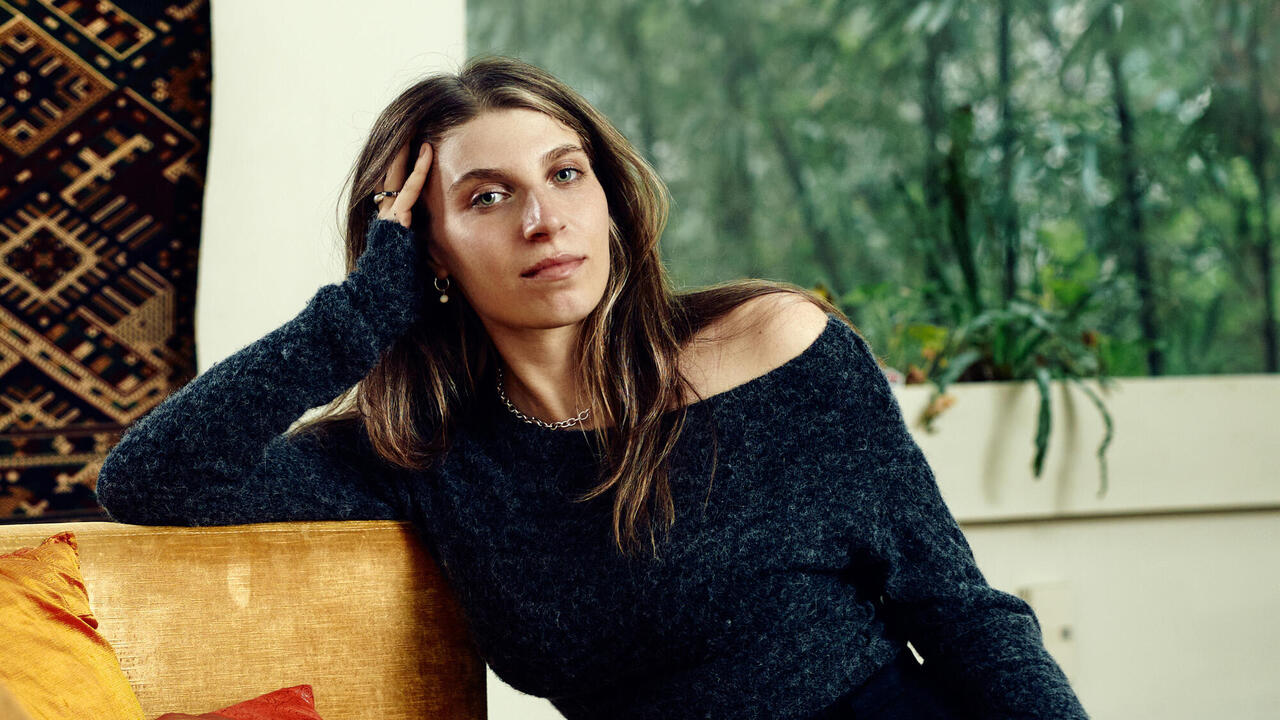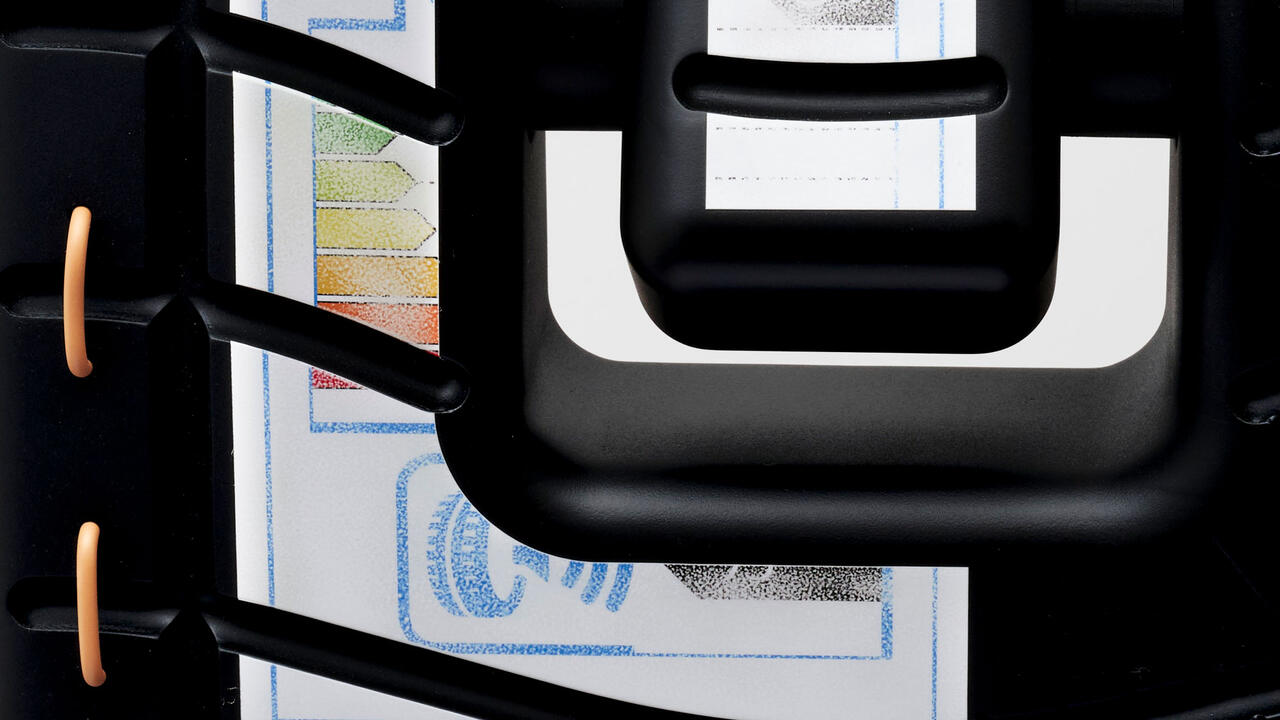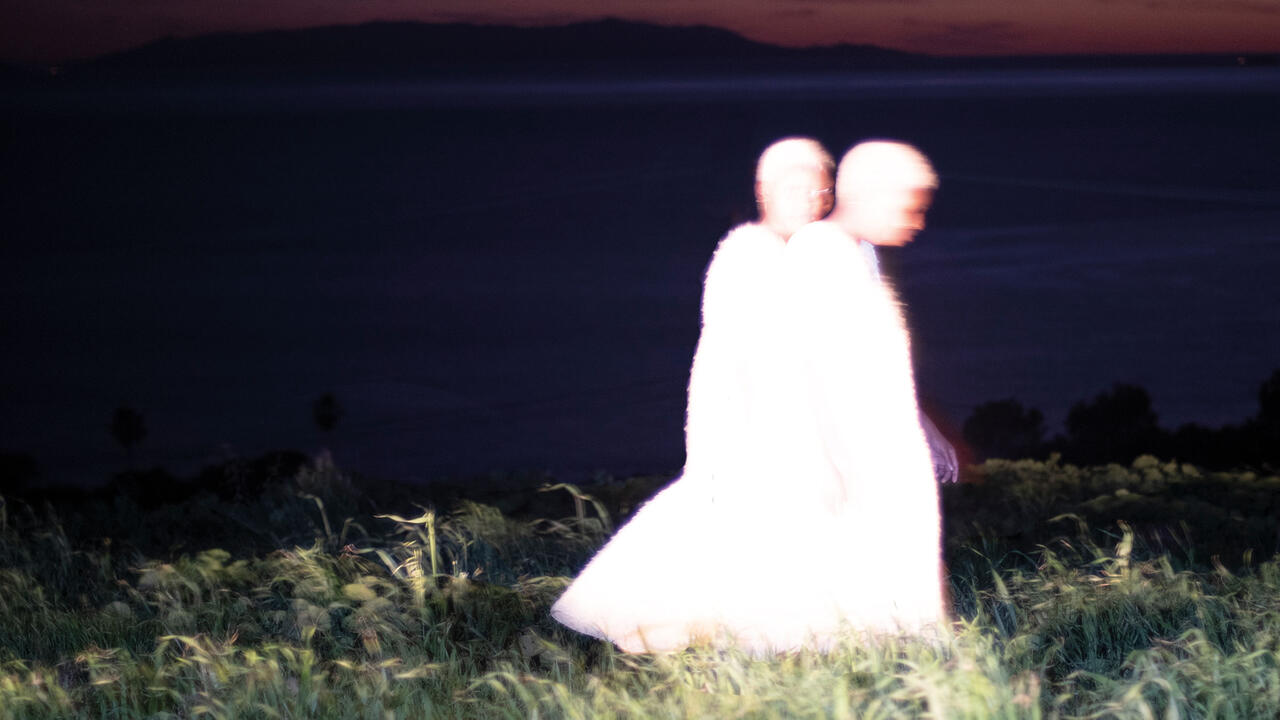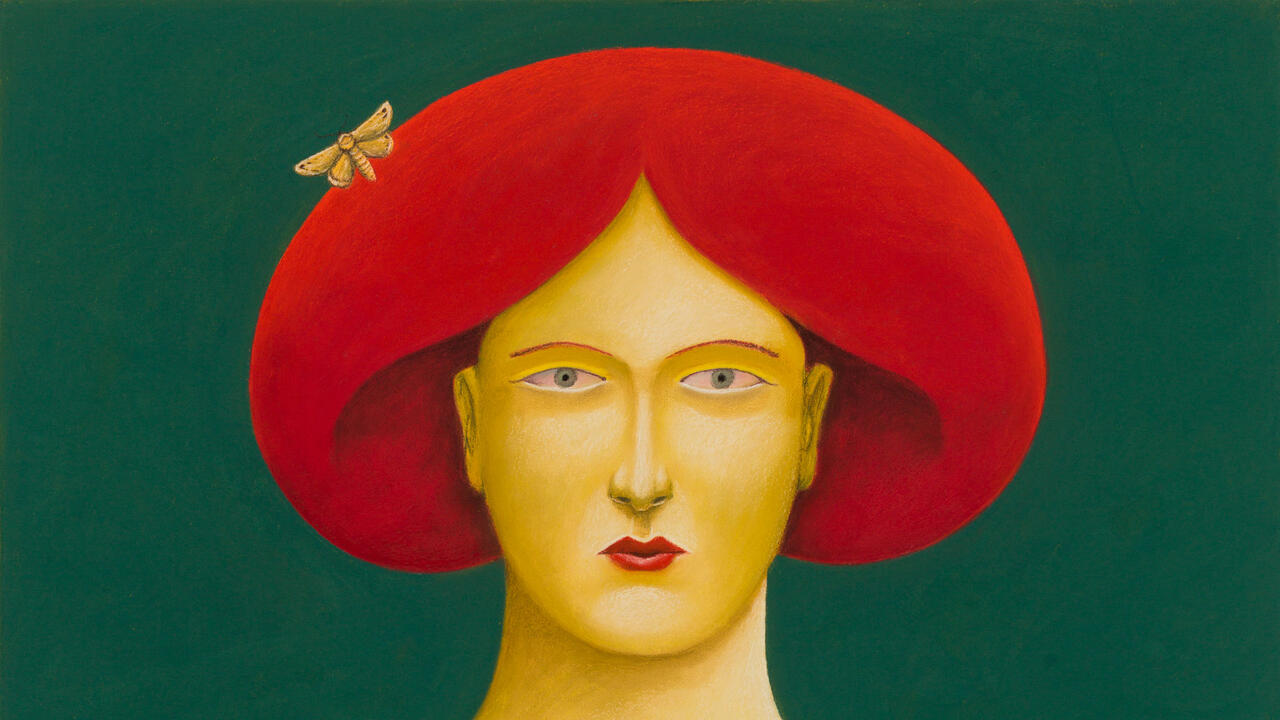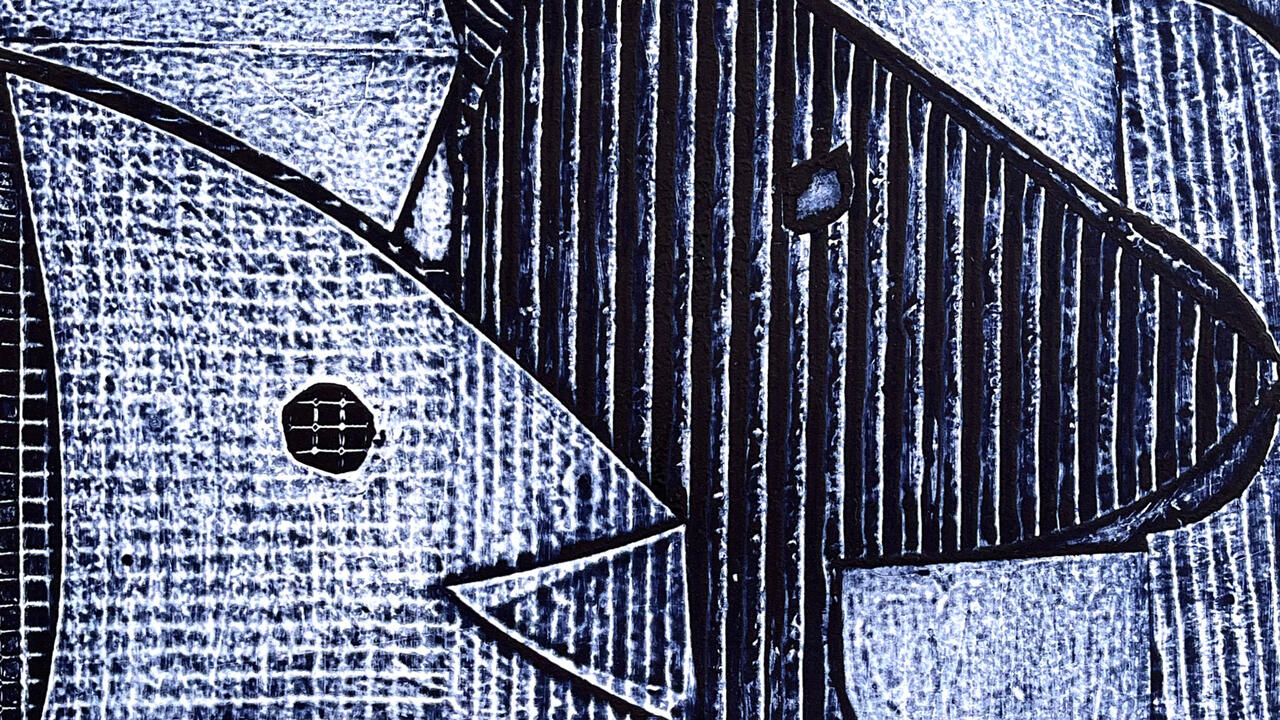Ideal Syllabus: Han Kang
The books that have influenced Man Booker International Prize winner Han Kang
The books that have influenced Man Booker International Prize winner Han Kang

Many things fuel my writing. Firstly, there are the things that I see, hear, smell, touch and taste. There are also my dreams – occasionally nightmares – and daydreams. Then there are my private memories, though these don’t appear directly in my fiction. Most of all, there are the fundamental questions that have long haunted me. The persistent internal struggle. The everyday rhythms which compel me to continue writing.
And there are books. The books I read before or whilst writing one of my own have, in fact, almost nothing in common. Rather than choosing books that I think will be especially helpful for my writing, I read whatever takes my fancy. In the evenings, when I am too exhausted to concentrate on writing anymore, when I want to spend the night quietly, rather than with the fireworks of my writing going off inside me, and when, the following morning, I want to slip back into writing where I have left off the previous day, I read books that others have written.
In autumn 2014, when I began work on The White Book, I was in Warsaw. I wrote the first two chapters in that unfamiliar city and the third and last the following February, once I had returned to Seoul. I spent the summer of 2015 living in a quiet street in Norwich on the UNESCO writer’s residency and it was there that I completed the manuscript. Of the books that I read during this year of writing, the following is an extremely private record of several I had with me in Warsaw.
When I want to spend the night quietly, rather than with the fireworks of my writing going off inside me, I read books that others have written.
Alice Munroe, Dear Life (2012, McClelland & Stewart)
I went to Poland with my 14-year-old son. We stayed for four months in a fourth-floor flat, where the top branches of two tall poplars were visible from the living room. I let my son have the bedroom and took the sofa bed for myself. I moved the table over to thewww window, to be closer to the trees.
I gave two lectures at the University of Warsaw’s East Asian Studies department and a talk at the Korean Cultural Centre. What I enjoyed more than these public events was having coffee once a week with Justyna, the Polish translator of my book The Vegetarian (2007), who had invited me to Warsaw and with whom I became friends during my time there. Over coffee, I taught her about hanmun – pre-20th-century Korean literature, written using classical Chinese. (In return, Justyna taught me some basic Polish, but my progress was pitiful compared with hers.)

In the first month of adapting to this new lifestyle, reading books in Korean (including translations) gave me a strong sense of security. I didn’t have much room in my luggage, so I savoured this book by Alice Munro. I rationed it out to a story per day and then, once I had read it through, went back to the beginning. Restraint, hardness; sudden, lacerating intensity.
Not once was I disappointed.
I could feel the muscle of her writing, honed over a long career. The autobiographical stories about her childhood made an especially deep impression; perhaps because I was in an unfamiliar place – and I therefore felt my own weakness more acutely.
Hanna Krall, The Woman from Hamburg and Other True Stories (2005, Other Press)
When I’d read the books I’d brought with me, I happened upon this one in a shop in Warsaw’s old town. These 12 stories, which feature Polish people living in the aftermath of World War II, are at times surreal, despite being non-fiction. One is the story of a young American architect who encounters the soul of his elder brother, who died young in the Warsaw ghetto. I refer to it briefly in The White Book: the boy studying Polish in order to understand this soul’s repeated cries. At the time, I was planning a trilogy about a soul’s search and, because I was thinking about souls all the time – I was writing Human Acts (2014) – this story felt extremely familiar to me. Had such a soul ever sought me out, I wondered? After that, it became an important motif in The White Book. I had just begun to write about my mother’s first child, who she gave birth to in her 20s: my onni (older sister), who left this world less than two hours after entering it.

Czesław Miłosz, Miłosz’s ABC’s (2001, Farrar, Strauss & Giroux)
In the same bookshop, I also bought a few volumes of Miłosz’s poetry in English translation. This is his alphabet, made up of the names of the writers he liked and his dead friends; personal memories involving them; proper nouns like ‘Berkeley’, where he lived in exile; and words he particularly liked. On the bus, at the bus stop, while waiting at the cafe for Justyna, I read this extremely subjective alphabet, permeated with a person’s life. Sometimes, I imagined my own. I thought that I would like it to be a little quieter, to contain more names of objects than of people. Things like snow, frost, ice, salt. I told Justyna that I wanted to write my own alphabet, with J for Justyna. I hope one day I’m able to keep that promise.
Fernando Pessoa, The Book of Disquiet (first published 1982; New Directions Edition 2017)
I came down with a cold twice during my stay in Warsaw; both were severe and lasted a long time. When I caught a cold in Korea, I would have a sore throat and cough for a long time; the Polish colds attacked my sinuses and produced a kind of pain I’d never experienced before. Especially with the first cold, I agonized over how to get treated without insurance. I recovered very slowly, on a steady diet of medicine and ginger tea bought at the local pharmacy; I read this book little by little, during those listless, enervated hours. Because the Korean author Bae Suah translated it from the German version, itself a translation of the original Portuguese, her own distinctive style made it even more enjoyable. The repeated scenes in which the narrator walks the streets where the distant sea is visible made it a kind of analgesic for me, stuck in bed. As I read, I tried to make out Pessoa’s own life; this man who wrote fiction lived through other people. This took me out of my own body, my personal affairs, my suffering. I thought about the act of regarding and recording the world with other eyes and about the distinct sensations of my life, which were confronting me again like those of a stranger as I returned from this ‘in-between’ region.
Han Yong-un, Nimui Chimmuk (The Silence of Love, first published 1926)
After I’d read all the Korean books I brought with me, I had a craving that could not be satisfied by books in English, so Justyna took me to the university’s Korean Studies library. On entering this (admittedly tiny) space filled with books in my mother tongue, I was almost giddy with joy. This poetry collection is one of the several volumes I took with me that day. I read it first when I was in high school; I even went about with it in my bag. It seems to have lost its power in translation. Perhaps it is read as mediocre love poetry. Han Yong-un was a Buddhist monk and, though he was imprisoned during the Japanese colonial period, he held firm until the last; yet, his poems all have a slender, earnest, feminine voice. During Warsaw’s long winter nights, I read this book slowly until it was due to be returned. Exhausted from having to attend an English-language school, my son was asleep in the bedroom and I, huddled by the radiator with a blanket around my shoulders, beneath the tube light’s warm glow, felt enveloped by a certain abundance and peacefulness. I read the line: ‘After burning, ash again becomes oil.’ And it made the fireworks blaze up again. Without the hours of this ash and oil and fireworks, my life would have been altogether different.
Translated by Deborah Smith
Main image: Book shelves, undated. Courtesy: David Madison / Getty Images









